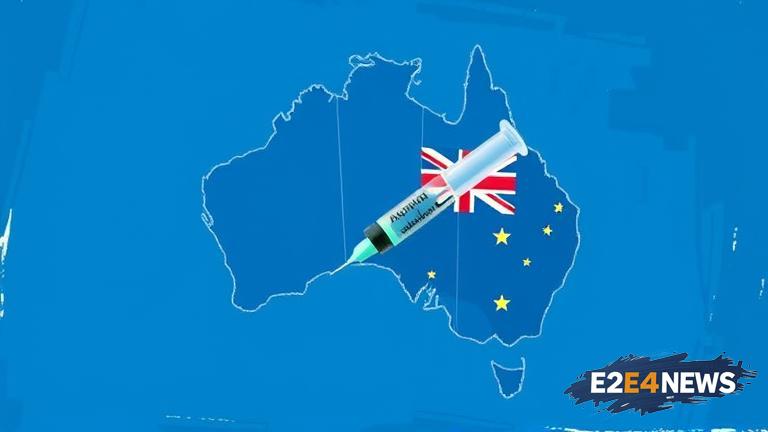The Australian government has been urged to provide transparency on its vaccine deal with Moderna, a US-based biotechnology company. The call for transparency comes amidst growing concerns over the lack of disclosure on the terms of the agreement, including the cost and distribution of the vaccines. The deal, which was announced in 2020, has been shrouded in secrecy, with the government citing commercial-in-confidence provisions as the reason for not disclosing the details. However, critics argue that the public has a right to know how their tax dollars are being spent, particularly when it comes to critical public health decisions. The opposition has been vocal in its demands for transparency, with some lawmakers calling for the government to release the contract details. The issue has sparked a heated debate on the need for transparency and accountability in public health decisions. Proponents of transparency argue that it is essential for building trust in the government and the healthcare system, while opponents claim that it could compromise the commercial interests of the companies involved. The Moderna vaccine has been shown to be highly effective in preventing COVID-19, but the lack of transparency on the deal has raised questions about the government’s priorities and decision-making processes. The Australian public has a right to know how the vaccine will be distributed, who will have access to it, and what the costs will be. The government’s refusal to disclose the details has led to speculation and misinformation, which can be detrimental to public health efforts. The World Health Organization (WHO) has emphasized the importance of transparency in public health decision-making, and Australia’s lack of transparency on the Moderna deal has been criticized by international health experts. The issue has also raised concerns about the government’s commitment to transparency and accountability in its dealings with pharmaceutical companies. The Australian government has a history of secrecy when it comes to its dealings with pharmaceutical companies, and the Moderna deal is just one example of this lack of transparency. The government’s argument that the details of the deal are commercial-in-confidence has been disputed by experts, who argue that the public interest outweighs any commercial considerations. The opposition has called for a parliamentary inquiry into the deal, which could provide a platform for greater transparency and accountability. The inquiry could also examine the government’s decision-making processes and the criteria used to select the Moderna vaccine. The Australian public deserves to know the truth about the Moderna deal, and the government must be held accountable for its actions. The lack of transparency on the deal has damaged the government’s credibility and eroded trust in the healthcare system. The government must take immediate action to address these concerns and provide the transparency that the public demands. The issue is not just about the Moderna deal, but about the broader principles of transparency and accountability in public health decision-making. The Australian government must prioritize transparency and accountability in its dealings with pharmaceutical companies, and the Moderna deal is a critical test case for this commitment. The government’s response to the calls for transparency will be closely watched by the public and international health experts, and will have significant implications for the country’s public health efforts.
